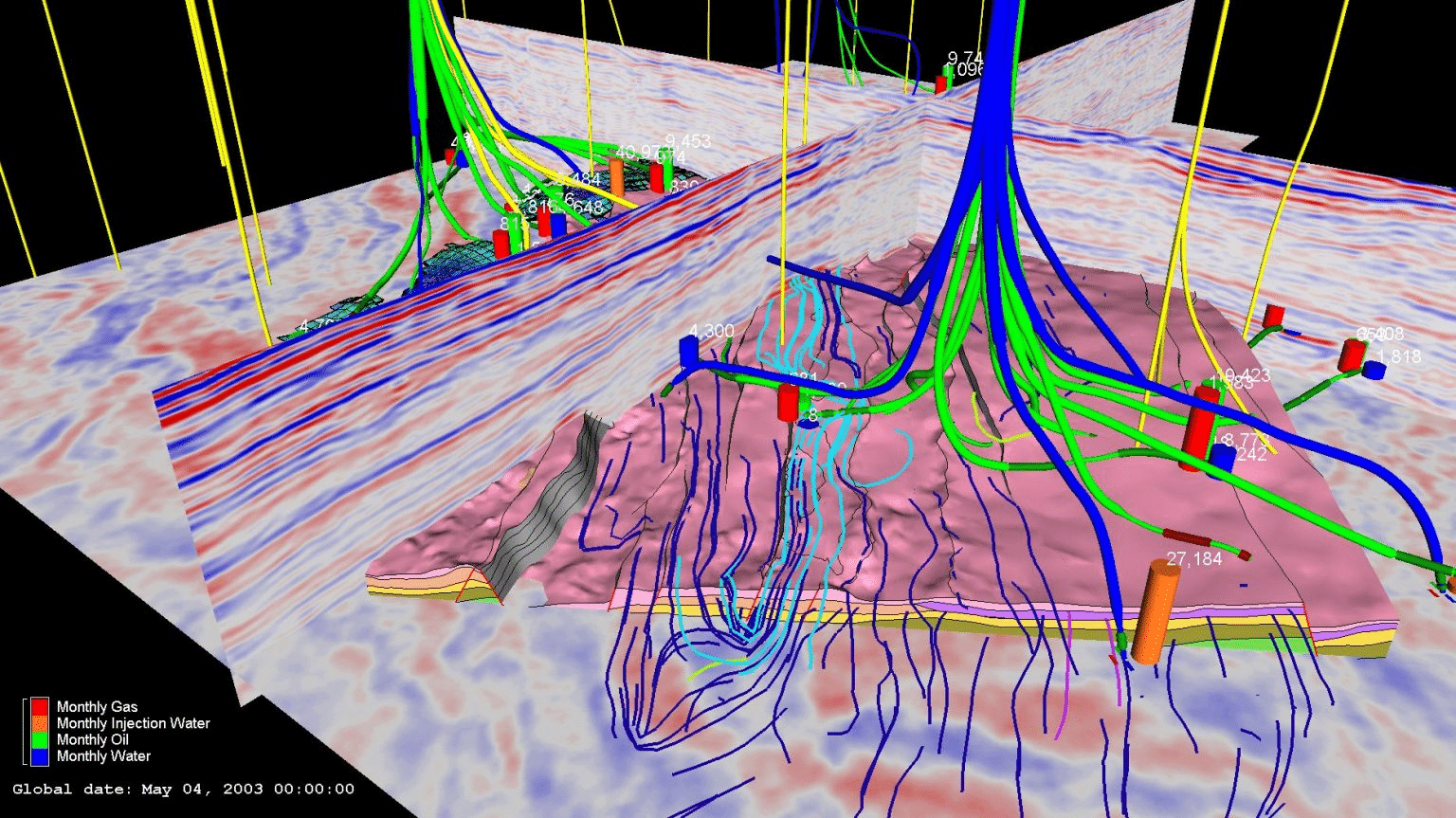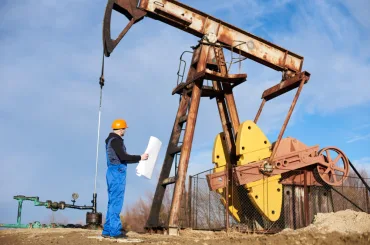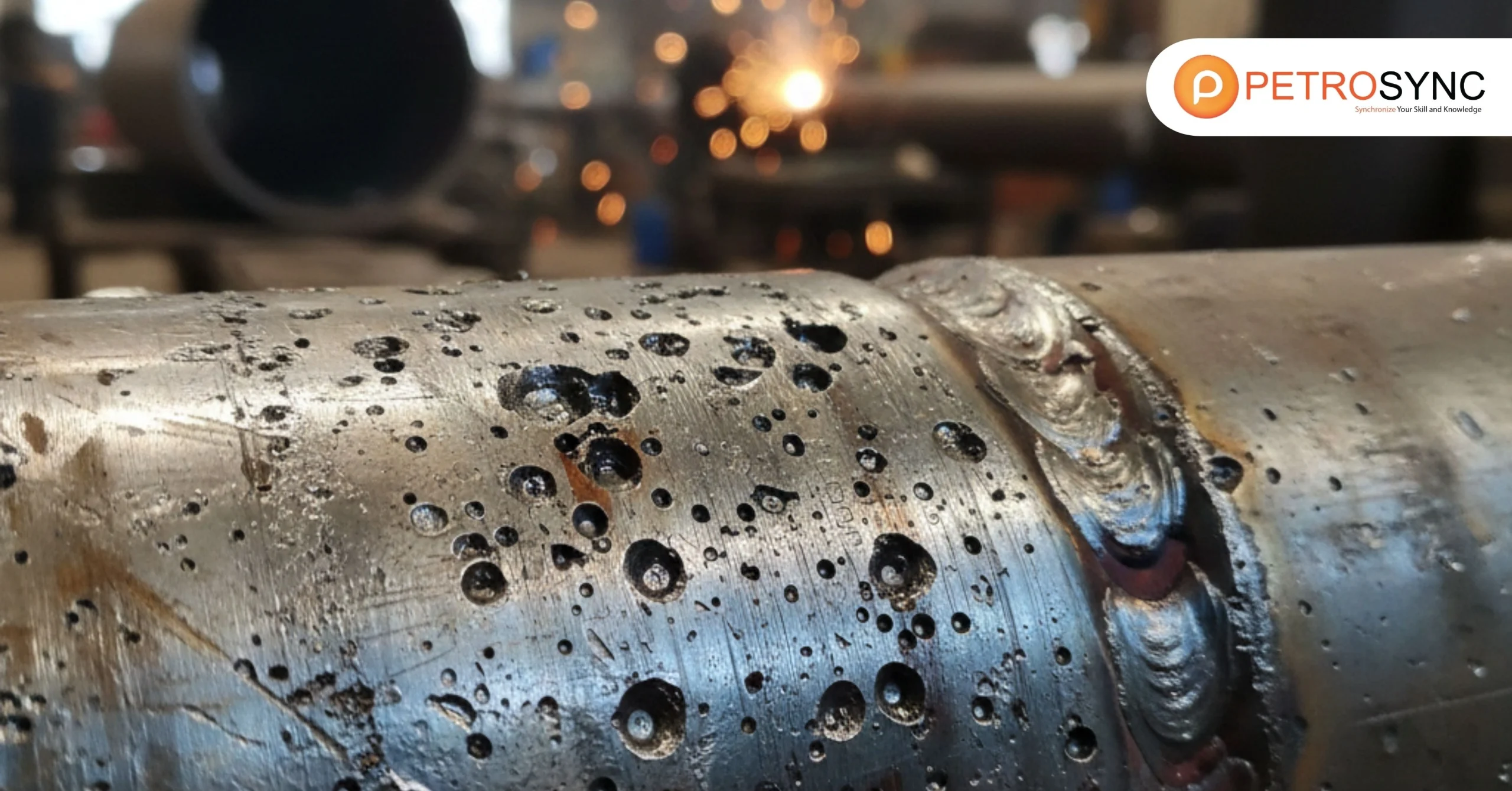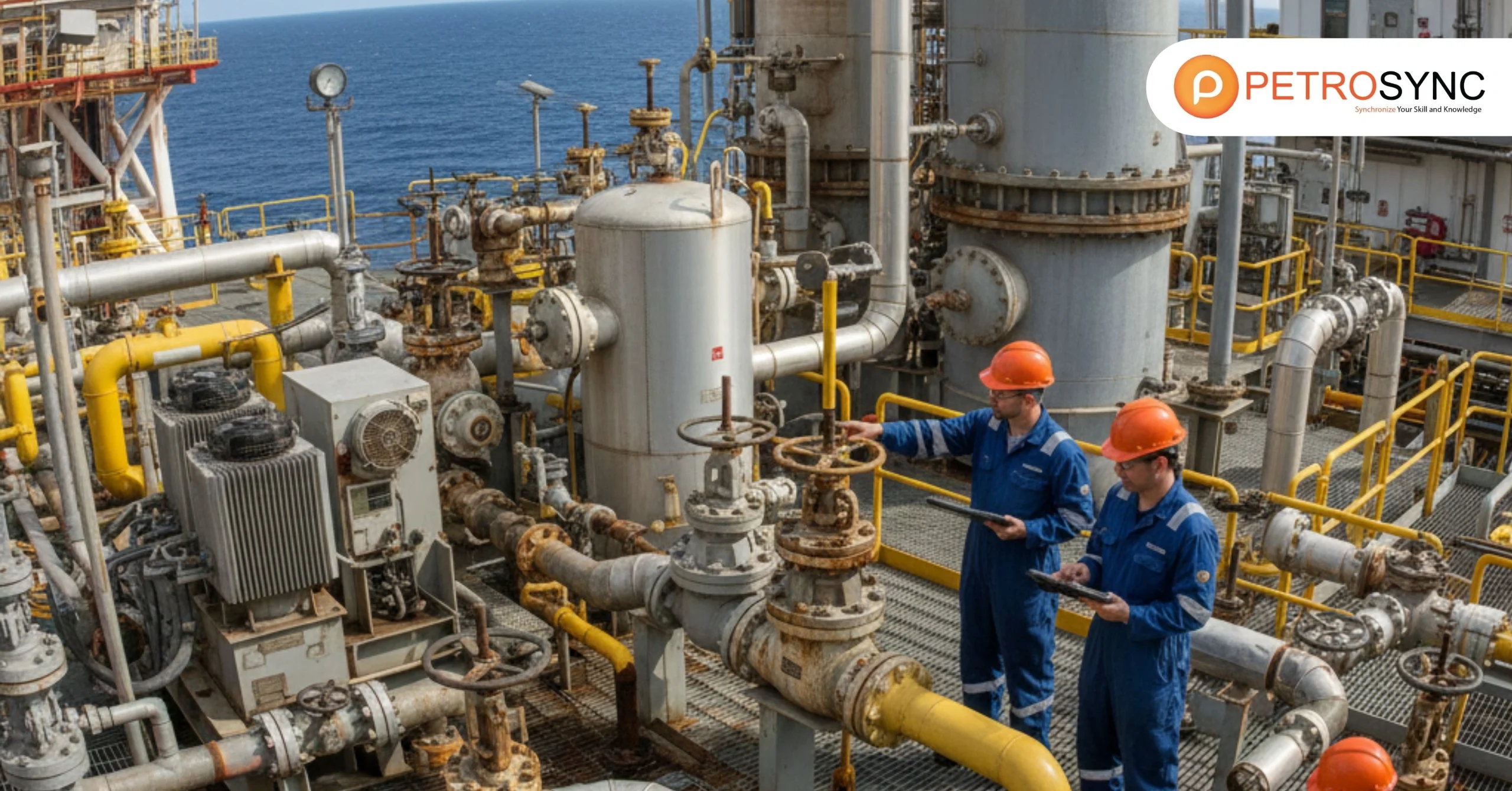Reservoir management is crucial for companies operating in the oil and gas industry, as it directly impacts both economic profitability and environmental sustainability. In this article, we will delve into why reservoir management is so vital and explore the key factors that companies carefully consider during this process. By understanding the significance of managing the reservoir and the factors that drive its importance, you will gain insights into how companies optimize production, extend reservoir life, and ensure responsible resource extraction practices.
What Is Reservoir Management?
Reservoir management involves overseeing and optimizing the recovery of oil and gas while minimizing capital investments and operating expenses. It includes monitoring the reservoir’s behavior, such as its pressure, production rates as well as reservoir characterization, to make informed decisions on drilling, production techniques, and overall resource recovery.
Reservoir management acknowledges the uncertainties in how reservoirs perform due to our limited understanding of their characteristics and flow processes. Its goal is to lessen the impact of these uncertainties by improving reservoir performance through the systematic use of various technologies that work together. Rather than treating reservoir operation and control as separate tasks, it views them as interconnected elements within a larger system.
Further, the reservoir management approach optimally combines different technologies to create a synergistic effect for better results and maximize the production and value of the reservoir over time.
What Is Reservoir Management Process?
Reservoir management is a systematic process used to oversee and optimize the production of oil and gas from underground reservoirs. It involves various steps to ensure efficient extraction and long-term sustainability of resources.
First, data about the reservoir, such as its size, depth, and composition, is collected and analyzed. This helps in understanding how much oil or gas is present and how it can be extracted effectively.
Next, engineers use this information to develop strategies for drilling wells and extracting resources. They consider factors like reservoir pressure, temperature, and fluid properties to plan the best approach for production.
During production, continuous monitoring and analysis are done to track the performance of wells and the overall reservoir. This helps in making adjustments or implementing enhanced recovery techniques if needed to maintain production levels.
All in all, the reservoir management process is customized for each field based on several factors. These include:
1. Size
The size of the reservoir plays a crucial role in determining the management process. Larger reservoirs may require more extensive infrastructure and advanced techniques for extraction and monitoring compared to smaller ones.
2. Complexity
The complexity of a reservoir refers to its geological and structural characteristics. Complex reservoirs with multiple layers, faults, or varying permeability require sophisticated management strategies to optimize production and recovery.
3. Reservoir and Fluid Properties
Understanding the properties of the reservoir rock and the fluids (such as oil, gas, or water) within it is essential for effective management. Properties like porosity, permeability, viscosity, and fluid saturation influence production methods and recovery rates.
4. Depletion State
The depletion state of a reservoir refers to how much of its resources have been extracted. Reservoirs in different stages of depletion require different management approaches. Strategies for maximizing recovery may change as a reservoir progresses from initial production to mature stages.
5. Regulatory Controls
Reservoir management must comply with regulatory requirements imposed by governing bodies. These controls can include environmental regulations, safety standards, production quotas, and reporting obligations, all of which influence how operations are conducted.
6. Economics
Economic factors, such as oil and gas prices, production costs, market demand, and investment opportunities, heavily impact the decisions. The economic viability of a reservoir determines the level of investment in technology, infrastructure, and workforce necessary for optimal management and production.
By considering these factors and tailoring the management process accordingly, operators can maximize the economic recovery of resources while adhering to regulatory standards and ensuring sustainable practices.
What Is The Objective of Reservoir Management?
The main objective of reservoir management, which includes controlling operations to obtain the maximum possible economic recovery from a reservoir based on facts, information, and knowledge, is to ensure efficient and sustainable production of oil and gas from underground reservoirs.
The objective includes maximizing the recovery of resources while minimizing costs and environmental impacts. The goal is to optimize production over the long term, extending the life of the reservoir and maximizing its value to you as an operator or stakeholder.
In conclusion, reservoir management is a critical process that involves optimizing the production of oil and gas from underground reservoirs. By carefully considering factors such as reservoir size, complexity, properties, depletion state, regulatory controls, and economics, operators can maximize the recovery of resources while maintaining sustainability and meeting regulatory requirements.
Additionally, if you are looking to deepen your understanding of reservoir management and related skills, PetroSync offers well-completion and workover training programs. These courses not only cover the intricacies of well completion and workover operations but also delve into reservoir handling strategies. By enrolling in PetroSync’s drilling training, engineers can enhance their knowledge and master advanced drilling-related skills essential for effective reservoir management in the oil and gas industry.
Credit header image: DGI

SEO specialist by day, fact-checker by night. An avid reader and content writer dedicated to delivering accurate and engaging articles through research and credible sources.






